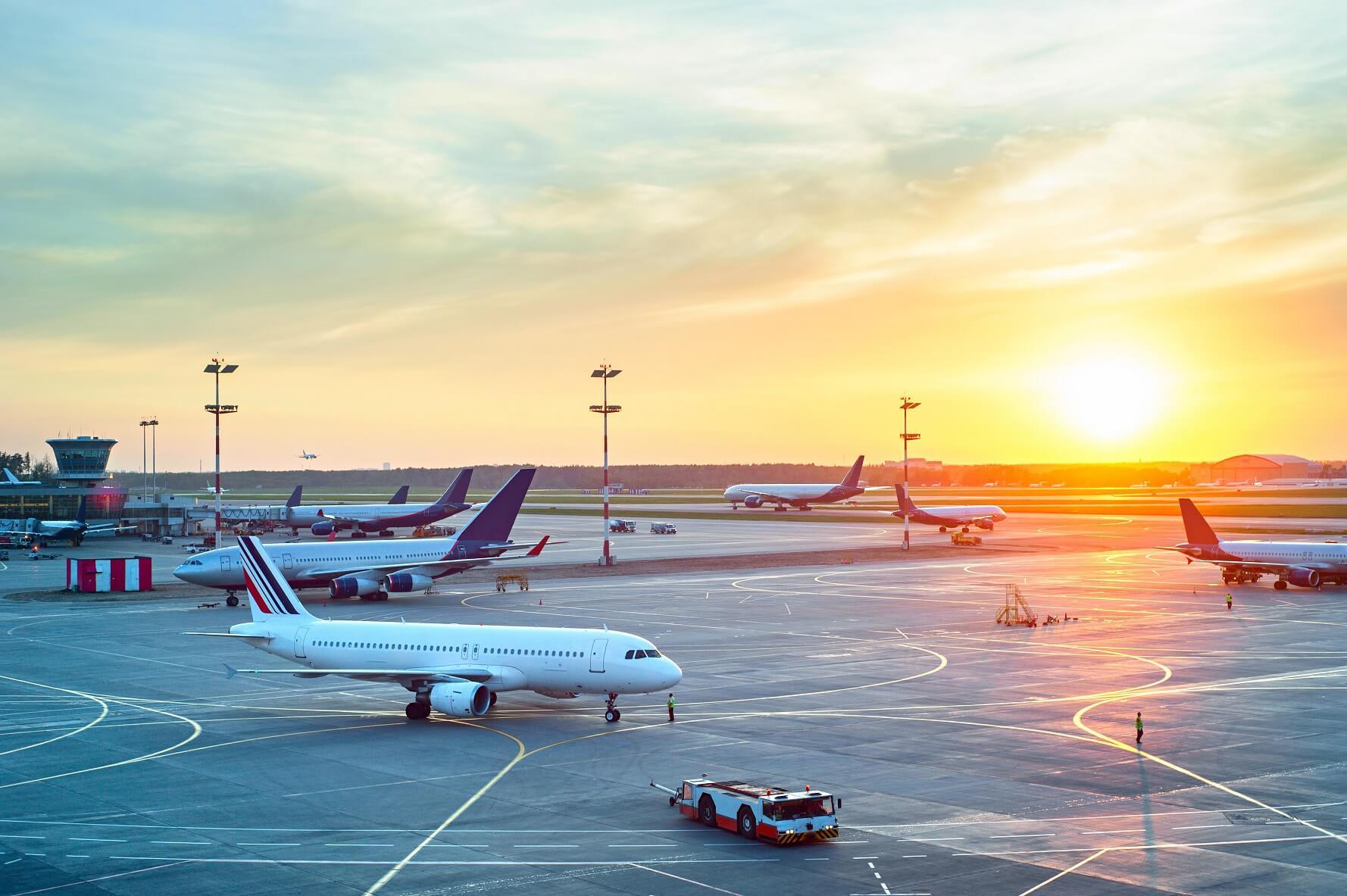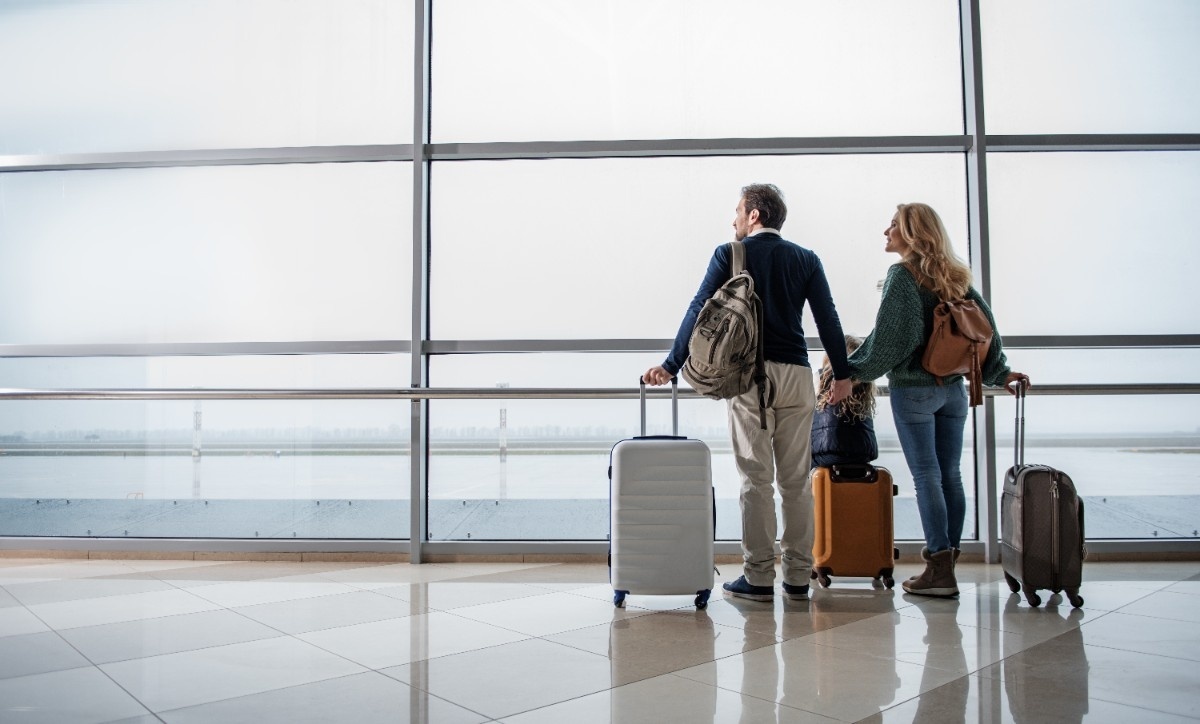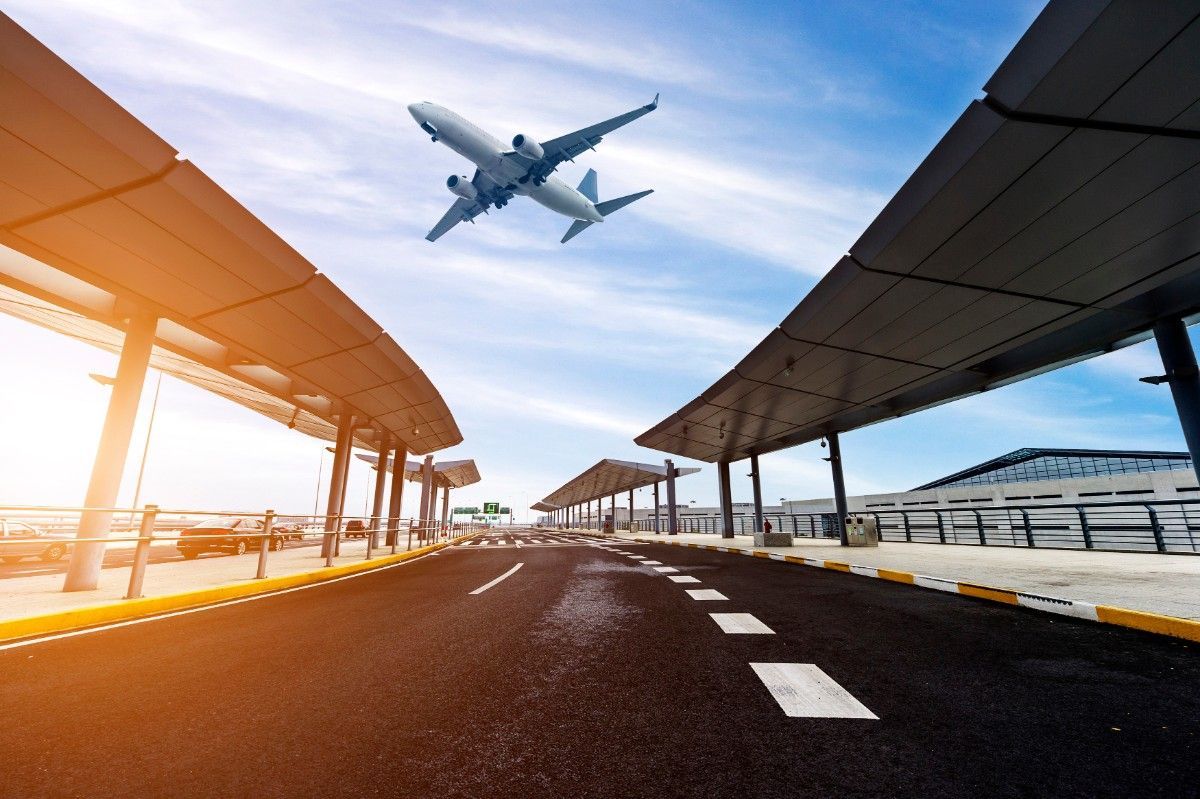The rise and fall of Ecuatoriana Airlines

The aviation industry is a challenging arena, where startups often face steep hurdles and fierce competition. Ecuatoriana Airlines, the latest airline venture in Ecuador, serves as a sobering reminder of the difficulties that new carriers can encounter. Despite its promising beginnings, Ecuatoriana Airlines recently ceased operations, leaving behind a valuable set of lessons for both aspiring entrepreneurs and the aviation industry as a whole.
The Ecuatoriana Airlines story
Ecuatoriana Airlines aimed to fill a void in Ecuador's aviation landscape. The carrier positioned itself as a regional airline serving domestic and international routes, including destinations in South and Central America.
In its early days, Ecuatoriana generated significant excitement, with its ambitious plans to rejuvenate Ecuador's aviation sector and offer passengers more options for air travel. However, despite a promising start, the airline's journey took an unexpected turn.
Challenges faced by Ecuatoriana Airlines
Several factors contributed to the challenges Ecuatoriana Airlines faced during its relatively short existence:
Financial Constraints: Like many startups, Ecuatoriana Airlines encountered financial difficulties. Operating an airline requires substantial capital for aircraft acquisition, maintenance, staff, and operational costs. Securing these funds can be a formidable task for new entrants.
Intense Competition: The aviation industry is highly competitive, and established carriers often dominate the market. Ecuatoriana Airlines had to contend with competition from both domestic and international airlines, making it challenging to capture market share.
External Challenges: External factors, such as the global COVID-19 pandemic, added an unforeseen layer of complexity. The pandemic had a severe impact on air travel worldwide, and airlines of all sizes struggled to adapt.
Regulatory Hurdles: Navigating complex regulatory requirements is a significant challenge for any airline. Ensuring compliance with safety and operational standards is critical, and regulatory changes can impact an airline's plans and operations.
The story of Ecuatoriana Airlines serves as a cautionary tale for those venturing into the airline industry. While the dream of launching a successful airline is enticing, it demands meticulous planning, substantial resources, adaptability, and a deep understanding of the complex aviation landscape.
The challenges faced by Ecuatoriana Airlines also highlight the resilience of established carriers that have navigated these hurdles and weathered storms. In an industry known for its volatility and competitiveness, lessons from both successes and failures are invaluable as aviation continues to evolve in a changing world.
Latest posts
Could a flight delay cost you your job or career?
Flight delays are not just annoying they can derail careers. See how missed connections impact professional lives.
Can you sue the weather? Legal limits of delay claims
Weather delays frustrate travellers, but can you claim compensation? Exploring legal grey areas in flight disruptions.
Can AI be fair in deciding passenger refunds?
Airlines are using AI to decide flight compensation, can algorithms be trusted to treat passengers fairly?












